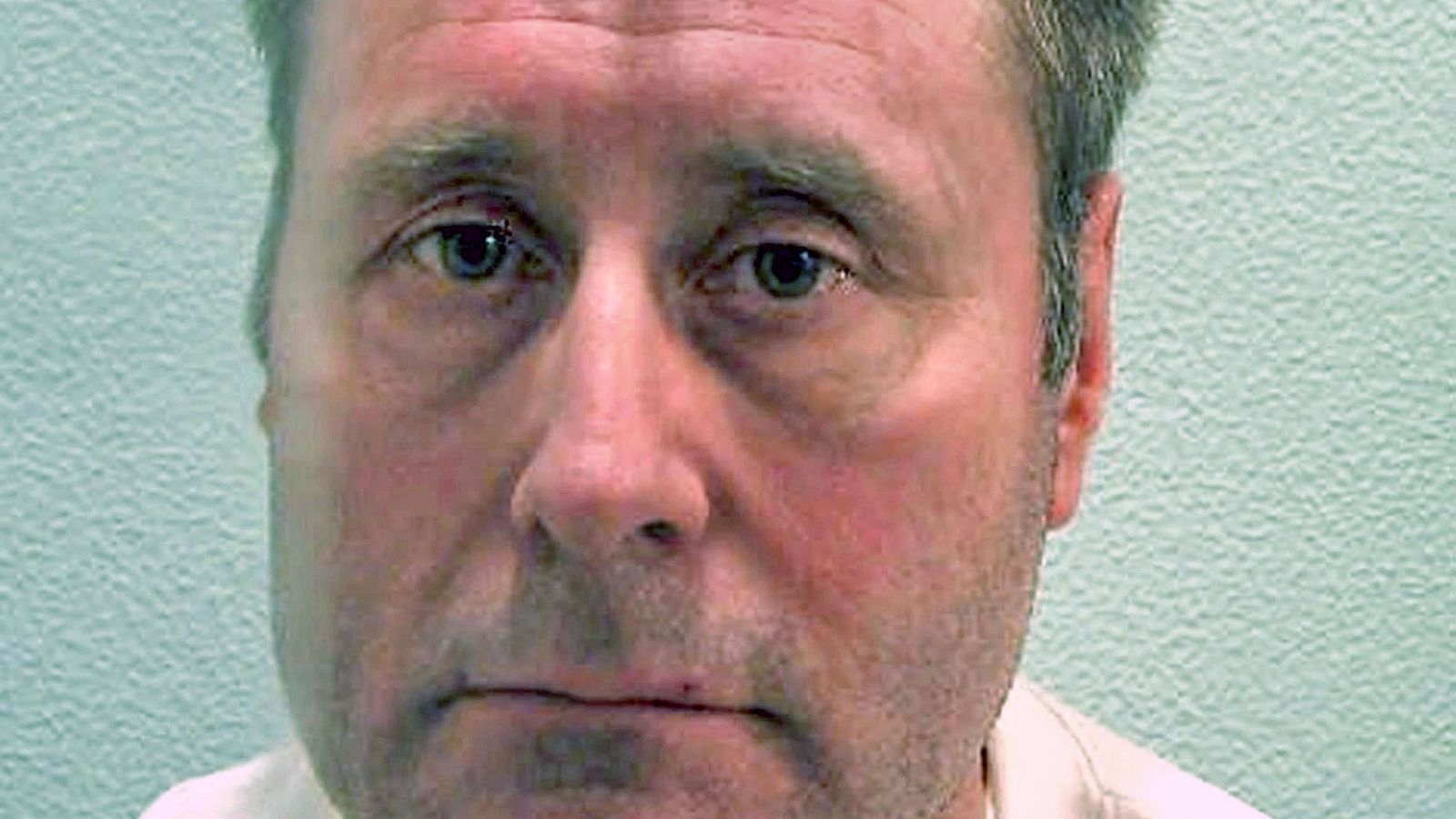John Worboys, the serial sex attacker known as the black cab rapist, is appealing his life sentences for drugging lone female passengers in order to sexually assault them.
Worboys, who changed his name in prison to John Radford, targeted women while working as a London cabbie, claiming to have scooped a windfall on the lottery or at the horses.
He was first jailed in 2009 for 19 sex offences against women and was handed two life sentences in December 2019 when new victims came forward, as a judge found he posed an ongoing danger to women.
Police believe the 63-year-old former male stripper committed offences against more than 100 women before he was caught.
In 2018, the Parole Board controversially said Worboys could be freed from prison, but the decision was reversed after a landmark legal challenge by two of his victims.
Three senior judges, including the Lord Chief Justice Lord Burnett, will consider an application by Worboys for permission to bring an appeal against his most recent sentence at a hearing on Wednesday.
If the court grants his application, it may go on to consider his appeal in full.
Worboys, from Enfield, north London, became known as the black cab rapist after attacking victims in his hackney carriage.
In several of the incidents, he pretended to be celebrating a win on the horses, or the lottery, as a pretext to give his victims alcohol – which he had laced with drugs.
During his sentencing at the Old Bailey, the court heard he had admitted to a psychologist that he plied a total of 90 women with alcohol, and drugged a quarter of them, after being inspired by pornography.
He had been “fantasising” about his crimes since 1986, he said, and was motivated by “hostility towards women”.
A probation report in August 2019 found: “He is potentially just as dangerous now as the point of the first sentence.”
Sentencing him, Mrs Justice McGowan said: “I am satisfied to the required standard, on the evidence I have heard, that you are a continuing risk.
“I find you are currently dangerous. Your offending spans five years more than previously known.
“I do not know when, if ever, you will cease to be a risk. It will be for the Parole Board to decide in the future.”






















